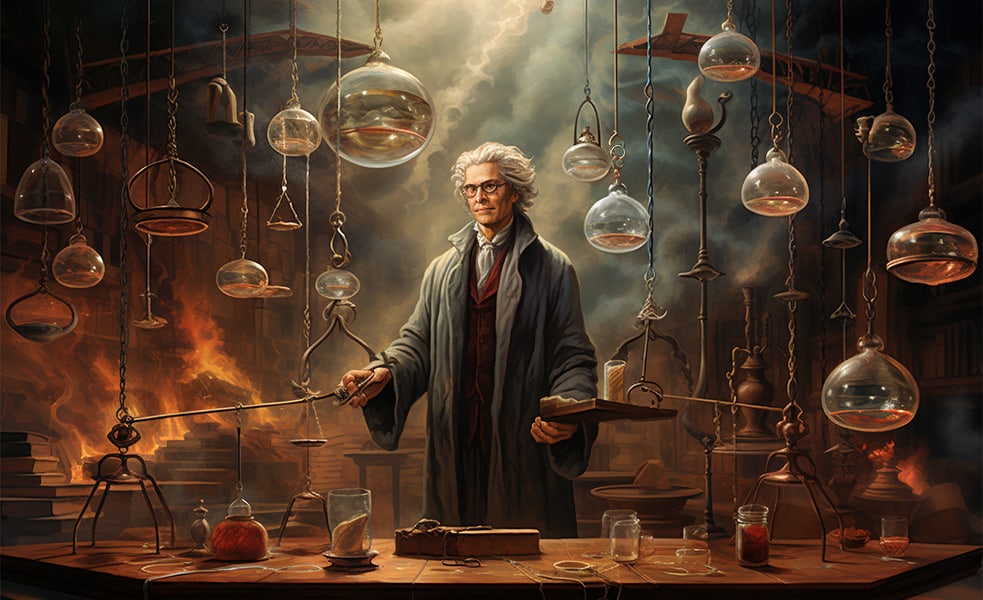Nature and Nature’s laws lay hid in night;
God said “Let Newton be!” and all was light.
But then up jumped the Devil, shouting “Ho!
Let Einstein be!” and restored the status quo.
Well, I cannot go along with that bit about light; Newton’s Principia Mathematica is pretty heavy reading, and not least because it’s all in Latin. And not a word about falling apples.
Nevertheless, I take the point that when Einstein trumped Newton with his General Theory in 1916, there were probably not more than a dozen people in the whole world who could say whether he was right or wrong, and it’s no easy thing to overthrow an ingrained system of thought when practically no one understands what you’re talking about.
But Einstein was nobody’s fool, being well aware that successful prediction is the stock in trade of anyone who wants to be believed, and so his first demonstration was the bending of starlight as it grazes the gravity field of the Sun. Newtonian mechanics, elegant as it was, could not even discuss the phenomenon because it dealt only with the behavior of massive objects and so could not be expected to explain how a minuscule photon feels in an intense gravity field.
Not that Einstein was the last word on the subject, either, but at least his inscrutable field equations brought us to the point where the task at hand is to explain the apparent excess of matter in the Universe, already knowing that the existence and behavior of Black Holes, Cosmic Expansion and the age of the Universe are all behind us.
But the poet was writing about expositional obscurity, and here it is hard to fault him. Even today, nearly a century after the General Theory was published, you might have a hard time finding someone who could clearly explain the curvature of space to any 10-year-old picked at random.
True, there are many more who have gone way beyond Einstein into the unfathomable realms of String Theory in a final attempt to explain everything that goes on out there, but they are all talented mathematicians who have long ago forsaken the everyday language of words and communicate exclusively in the symbolic idiom of tensors and spinors.
Which brings us conveniently to the question of what is Knowledge, anyway? I myself rather like the apothegm that Knowledge is nothing but a Hypothesis that happens to fit the facts.
Whatever, Knowledge is certainly something about which we can be certain, even if it turns out to be wrong. The whole history of Knowledge is a waste heap of discarded Eternal Truths, but here we’re getting into pretty deep water, so lets just add to my apothegm “… so far as they are known” and come up with a new Hypothesis whenever the facts change.






